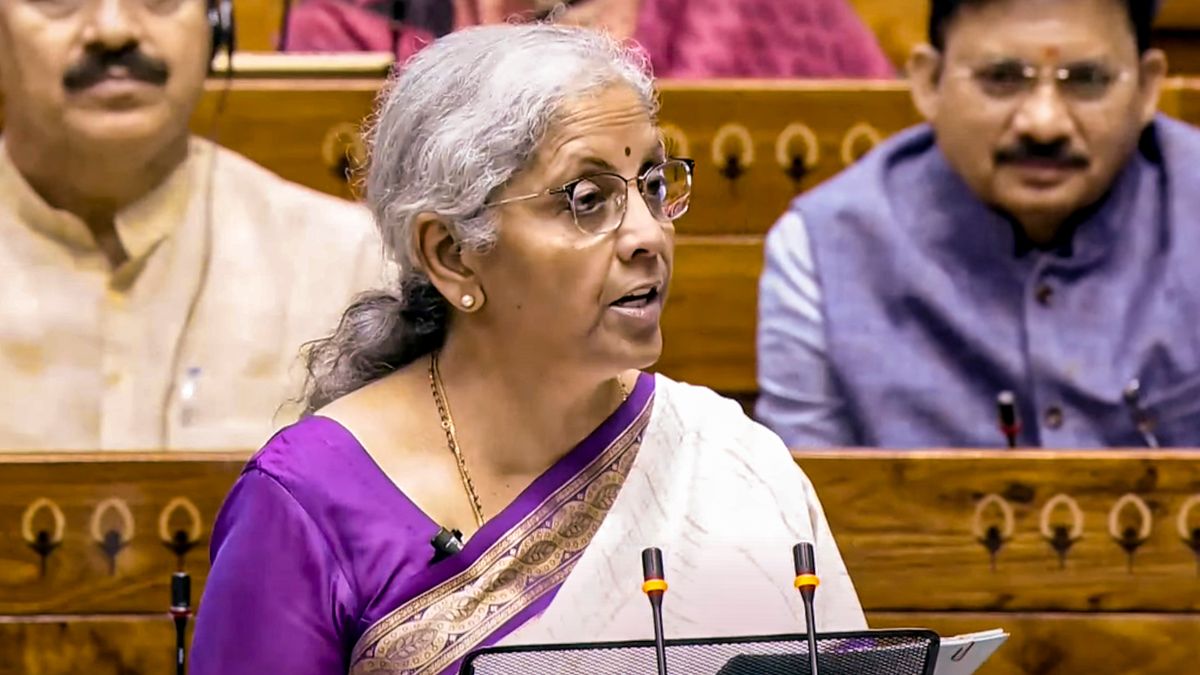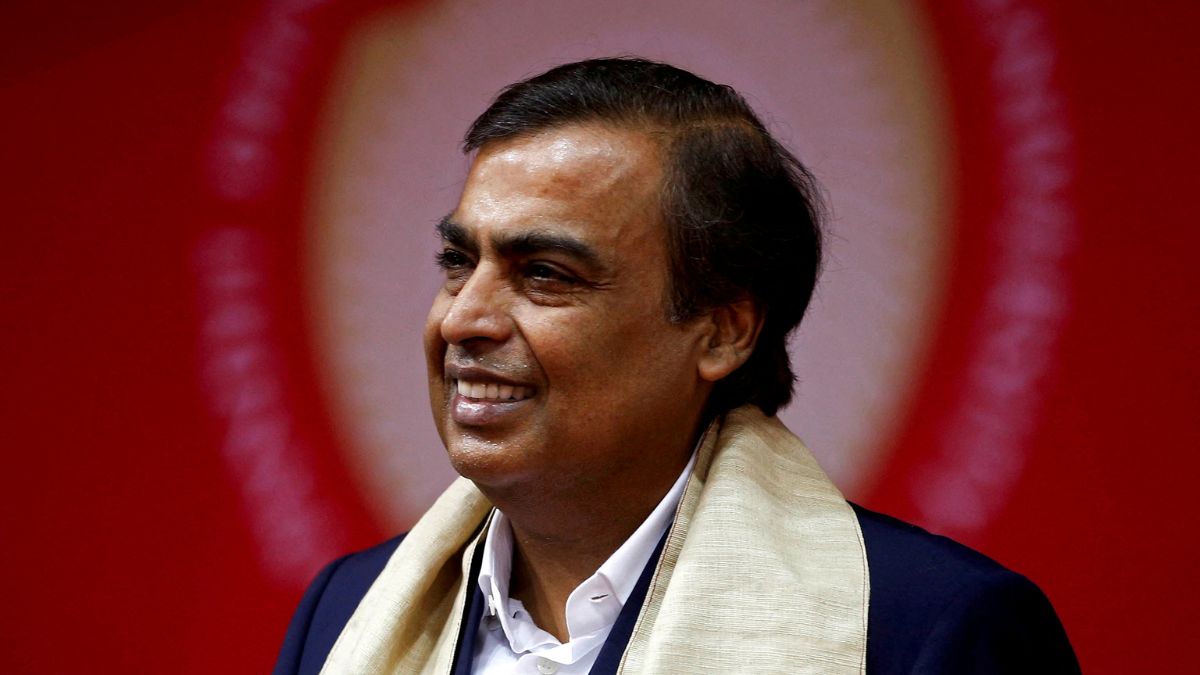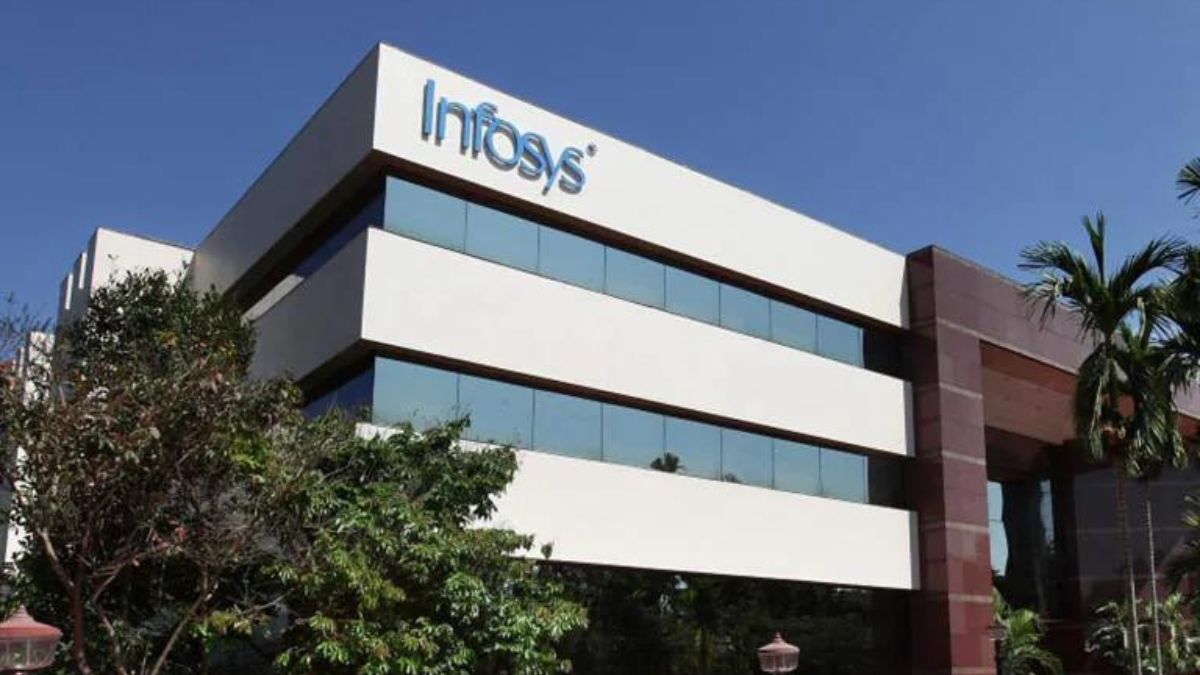With a mix of optimism and caution, the Union Budget 2024 seeks to drive economic growth through fiscal discipline, tax reforms and infrastructure development read more
)
Finance Minister Nirmala Sitharaman. PTI
As the finance minister presented her seventh budget, there is a sense of optimism about the future it charts for India. The budget aims to bolster the economy, empower the youth and enhance India’s global standing. It attempts to match the practicality of coalition politics with the realities of India’s growth trajectory. Special emphasis is laid on Bihar and Andhra Pradesh’s road infrastructure, acknowledging that a “Vikasit Bharat” can only happen when the eastern part of the country reaches its potential.
Economic indicators and fiscal management
On the macroeconomic front, the budget sets the fiscal deficit target for FY25 at 4.5 per cent, signalling a commitment to sustainable growth. This is intended to boost economic confidence. Additionally, the allocation of Rs1.48 lakh crore for education, employment, and skill development is aimed at driving growth through job creation, upskilling, and support for MSMEs and the middle class.
Infrastructure and housing
The budget retains the infrastructure capex budget and emphasises affordable and urban housing, which is expected to have a positive impact on various sectors, from cement to commercial vehicles, ultimately leading to increased employment. While these measures are promising, some might question whether the allocation is sufficient to meet the demands of rapid urbanisation and infrastructure needs.
Support for agriculture and farmers
With a large portion of India’s population engaged in agriculture, the sector remains a critical component of the economy. The budget recognises this by proposing measures to introduce farmers to natural farming practices and encouraging self-sufficiency in pulses and oilseeds. While these initiatives are crucial, concerns may arise about their implementation and the actual benefits reaching small-scale farmers.
Job creation and youth empowerment
The finance ninister announced three new employee-linked schemes designed to motivate first-time employees and provide continued support to employers and employees, including self-employment opportunities. Financial support of up to INR 10 Lakh for students who haven’t benefited from government schemes and internships for 1 crore youth in top companies are also proposed. Doubling the Mudra loan limit to Rs 20 lakh aims to provide a morale boost for the youth. However, the effectiveness of these measures in addressing unemployment and job market challenges will need careful evaluation.
Tax reforms and foreign investment
One of the major highlights of the budget is the announcement of tax reforms. The reduction of the tax rate on foreign companies from 40 per cent to 35 per cent is aimed at attracting more foreign investment, which could strengthen the Indian rupee’s global standing. Although this is a positive move, it could also lead to concerns about domestic industries facing increased competition. On the personal income tax front, there are minor reliefs and an enhanced exemption limit of Rs25,000 on listed assets. However, the removal of indexation benefits for real estate investments might impact the investing community. The abolition of the Angel Tax is seen as a step to encourage startup investments, which could foster innovation and growth.
Focus on digital infrastructure and energy transition
The budget emphasises the development of digital public infrastructure across seven critical areas including credit and MSME services. This digital push aims to make services more accessible, efficient and inclusive potentially driving economic growth at the grassroots level. The government’s commitment to energy transition pathways and rural infrastructure development highlights its focus on comprehensive and inclusive growth. While these initiatives are promising, questions about execution and actual benefits to rural communities may persist.
A balanced approach to growth
In essence, the Union Budget 2024 aims to balance immediate economic needs with long-term development goals. Through fiscal management and innovative policy measures, it seeks to create a resilient, dynamic and inclusive economy by 2047. While the budget outlines several strategic initiatives, a critical examination of its provisions is necessary to understand how effectively it addresses the complex challenges facing the nation.
The author is chairman, Hinduja Group of Companies (India). Views expressed in the above piece are personal and solely that of the author. They do not necessarily reflect Firstpost’s views.

 1 month ago
16
1 month ago
16
)
)
)
)
)
)
)
)
)
)
)
)
)
)
)
)
)
)
)
)
)
)
)
 English (US) ·
English (US) ·